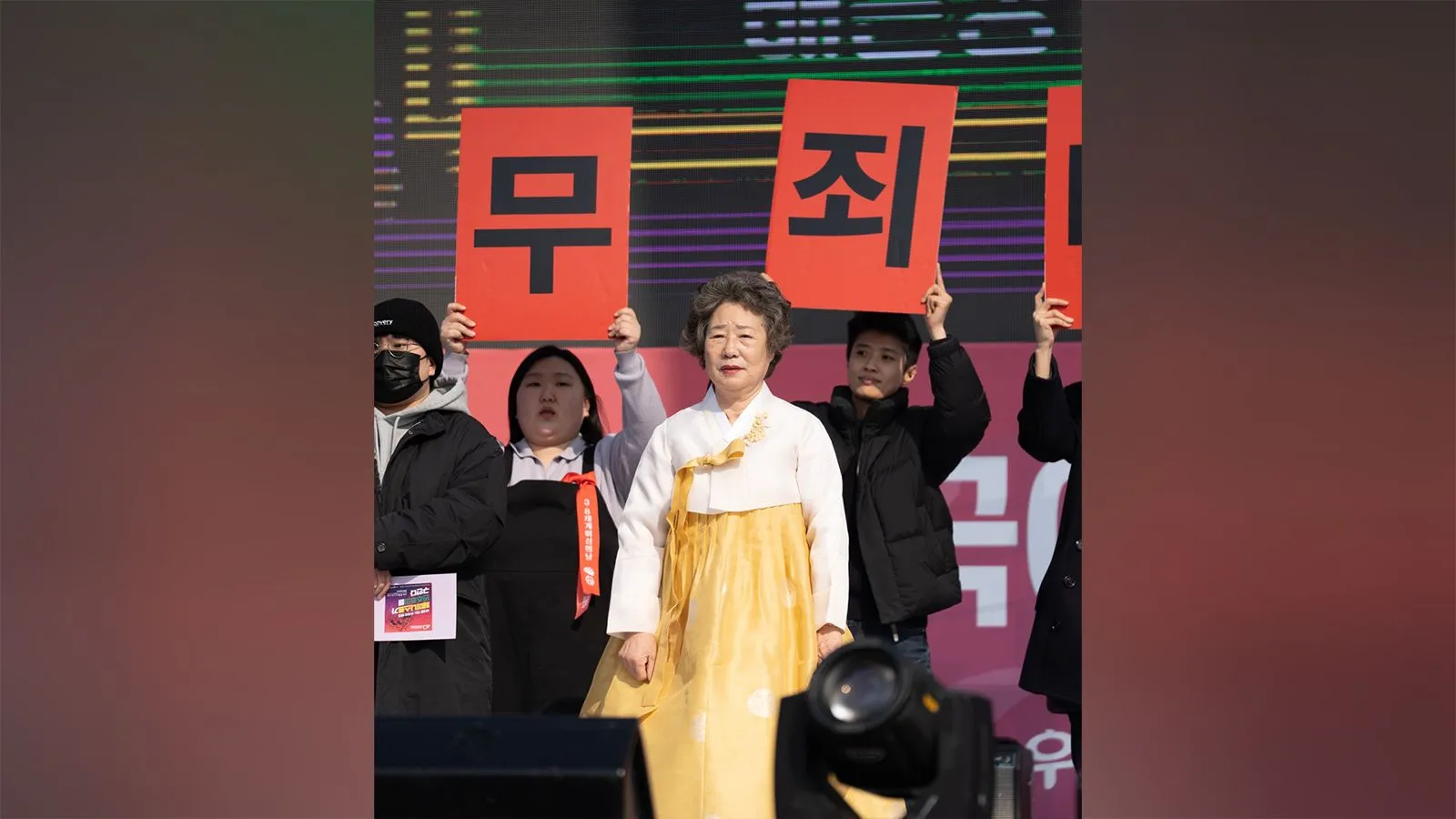In the 1960s, South Korea was a society deeply entrenched in patriarchal norms, where male violence against women was often overlooked or normalized. It was within this context that a young woman, Choi Mal-ja, found herself at the center of a legal battle that would define her life. At just 18 years old, Choi defended herself against an alleged sexual assault by biting off part of her attacker’s tongue. Instead of being recognized as a victim, she was convicted of grievous bodily harm. Now, 60 years later, Choi is fighting to overturn her conviction, seeking justice not only for herself but for countless other women who have faced similar injustices.
The Incident That Changed Everything
One spring evening in 1964, Choi was walking home in Gimhae, South Gyeongsang Province, when a man approached her asking for directions. After helping him, she turned to leave, but he tackled her to the ground. Choi later described feeling as though she had been struck on the head with a hammer. As she regained consciousness, she found the man on top of her, attempting to force his tongue into her mouth. In a desperate act of self-defense, Choi bit off 1.5 centimeters of his tongue, managing to escape.
What followed was a harrowing ordeal. The man, whose name remains undisclosed in court documents, retaliated by suing Choi for grievous bodily harm. Ignoring her claims of attempted rape, the legal system of the time sided against her. Choi was sentenced to 10 months in prison and two years of probation, a harsher punishment than her attacker, who received six months in prison and one year of probation for trespassing and intimidation.
A Society That Failed Its Women
Choi’s case is emblematic of the societal attitudes toward women in 1960s South Korea. Patriarchal norms dictated that women were often blamed for the violence inflicted upon them. During her trial, Choi was subjected to invasive and humiliating procedures, including a virginity test, the results of which were made public. The court’s decision to convict her reflected a broader cultural bias that prioritized male honor over female safety.
For decades, Choi lived with the stigma of her conviction. Her father exhausted his savings in a settlement with her attacker, and her family faced ongoing harassment. Despite these challenges, Choi pursued higher education in the 2000s, where she began to understand the extent of the injustice she had endured.
The Fight for Retrial
In recent years, Choi has become a symbol of resilience and advocacy. With the support of organizations that assist victims of sexual violence, she has sought to clear her name. Her push for a retrial was initially rejected by lower courts, but in a landmark decision, South Korea’s Supreme Court ruled in her favor, sending the case back to the Busan High Court for review.
Legal experts believe that Choi’s case could set a precedent for how self-defense is interpreted in cases of sexual violence. Her testimony, described as “specific and consistent,” has been a cornerstone of her retrial efforts. The court’s acknowledgment of potential procedural violations during her original trial, including unlawful arrest and detention, has further strengthened her case.
A Broader Movement for Change
Choi’s fight for justice comes at a time when South Korea is grappling with its patriarchal legacy. While the country has made significant strides in gender equality, cases like Choi’s highlight the need for continued reform. Activists argue that her retrial could pave the way for a more equitable legal system, one that recognizes the rights of women to defend themselves against violence.
The case has also sparked conversations about the importance of historical accountability. By revisiting past injustices, society can better understand the systemic biases that have shaped its institutions and work toward meaningful change.
A Legacy of Courage
Choi Mal-ja’s story is one of courage, resilience, and the enduring fight for justice. Her determination to clear her name after 60 years is a testament to the human spirit’s capacity to endure and overcome. As her case unfolds, it serves as a powerful reminder of the importance of standing up against injustice, no matter how long it takes.







